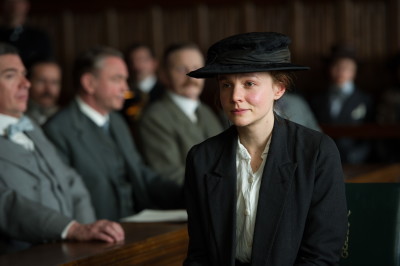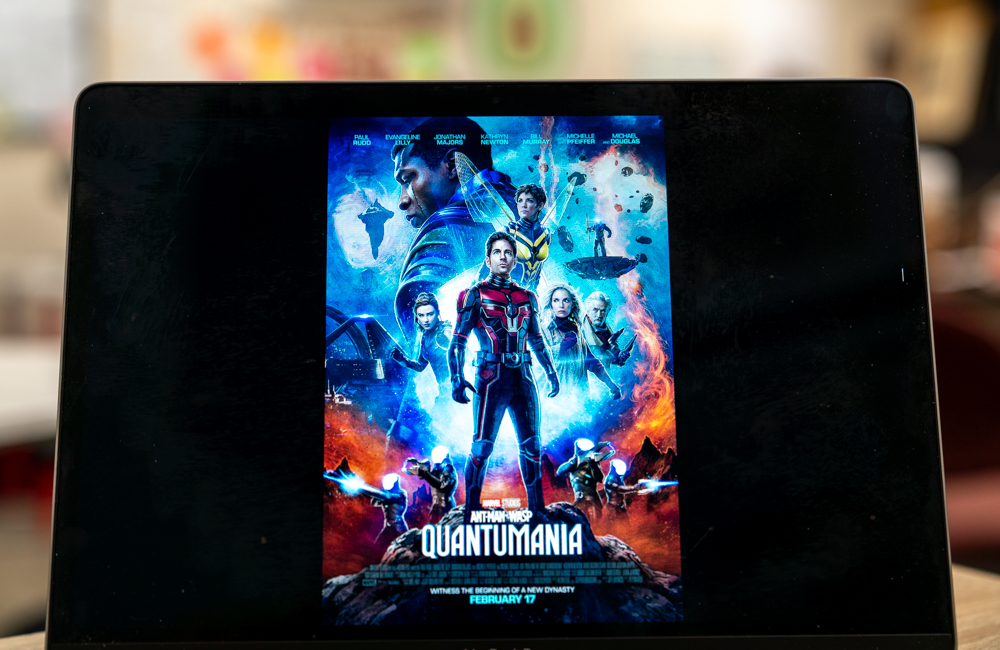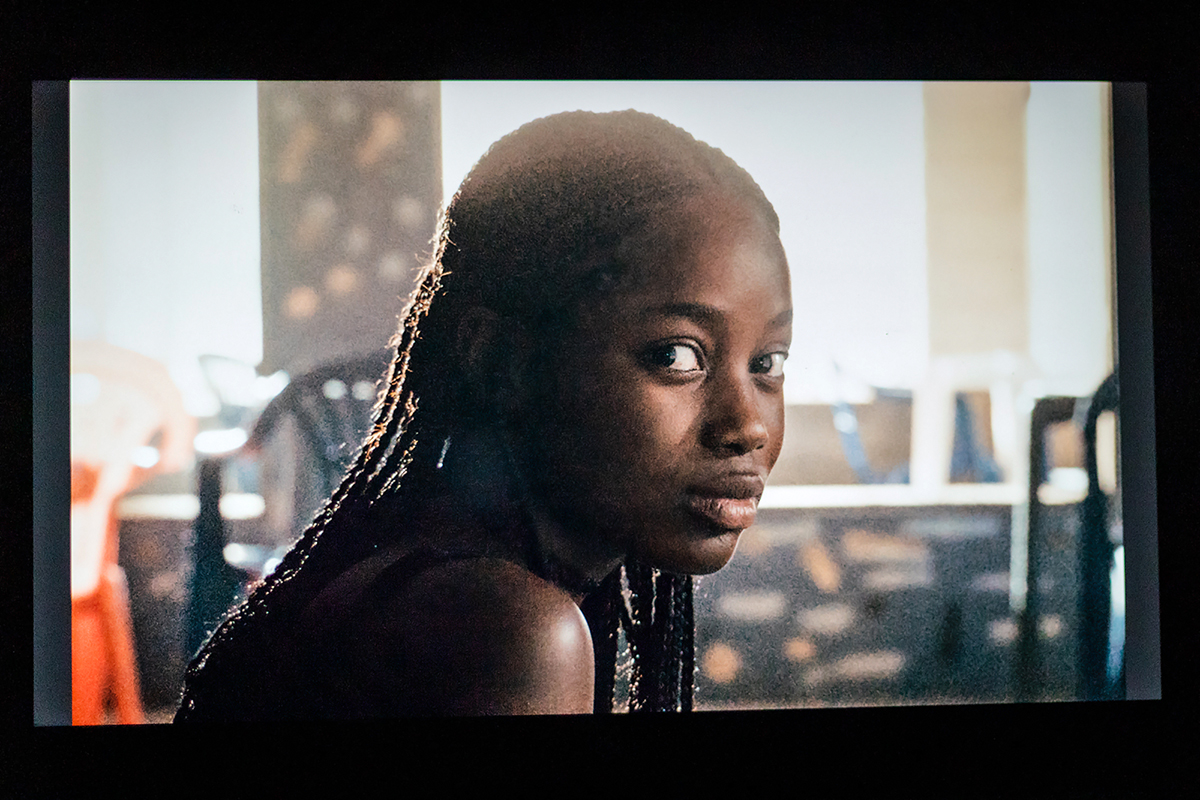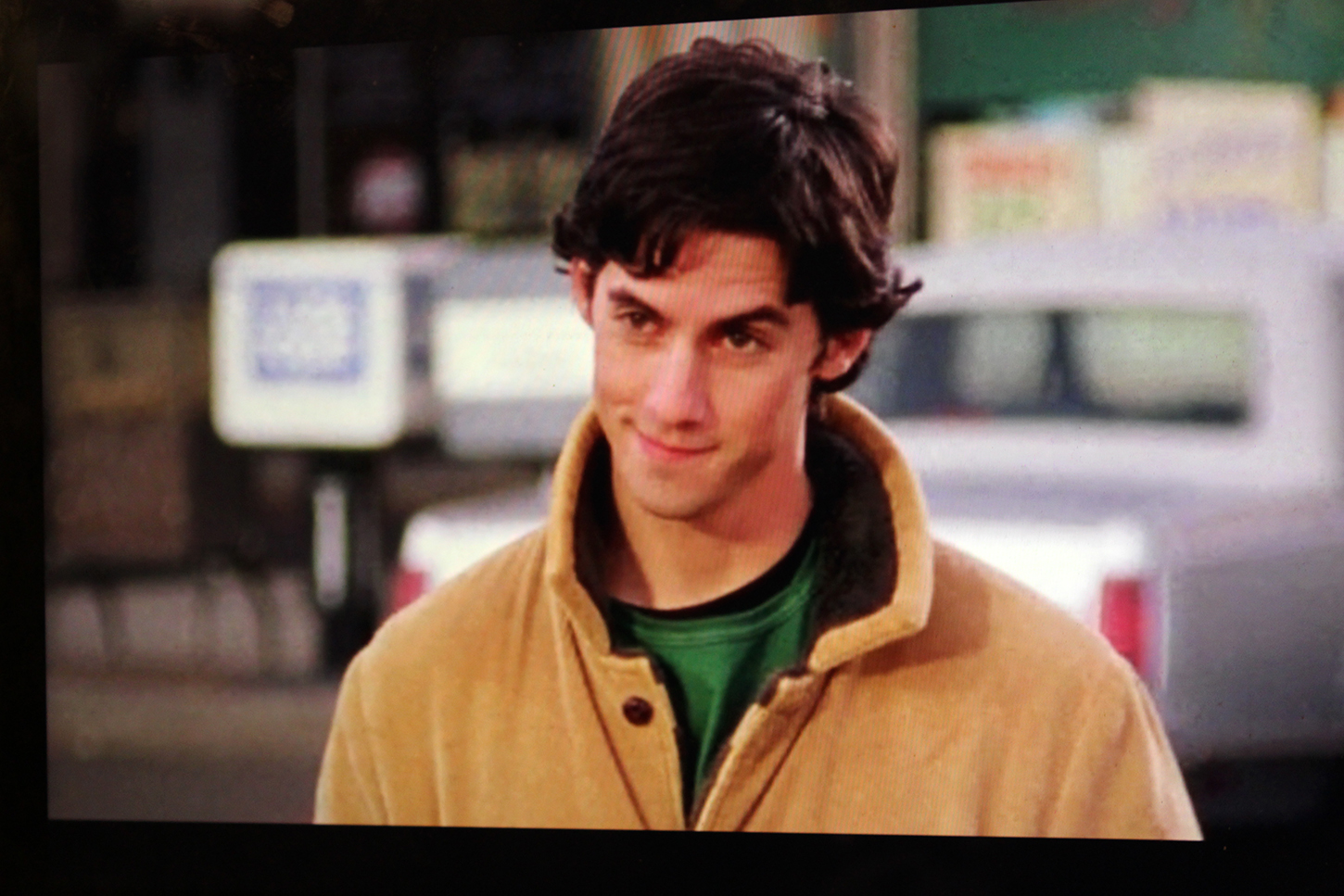
An icy cover of Fleetwood Mac’s “Landslide” scores the theatrical trailer for “Suffragette,” the new film by BAFTA-winning director Sarah Gavron. Aside from the obvious metaphorical implications — woman’s right to vote being the titular cultural landslide — the song harbors deeper, sneakier weight.
At its core, the “Landslide” is about the uneasiness that accompanies assimilation: is it worth living in stasis for the sake of comfort? “Suffragette,” unsurprisingly, answers that question with a resounding “No,” but the trailer’s images of militant women smashing windows and resisting arrest takes on a haunting new dimension when adorned with the distant, wounded echo of, “Can I handle the seasons of my life?”
The message seems to be that stasis is not worth the comfort. But God, can that comfort be nice.
“Suffragette” tells the story of Maud Watts (Carey Mulligan), a working-class British woman who has more or less sold her life to the London laundry service where she works. At work, she witnesses the flagrant mistreatment of female employees and receives subpar wages.
With the help of coworker Violet Miller (Anne-Marie Duff), Maud reluctantly joins the Women’s Social and Political Union and becomes a voice in the early 20th-century movement to allow women the right to vote alongside their male peers.
Various other characters flesh out the film’s canvas. Maud clashes fiercely with Inspector Arthur Steed (Brendan Gleeson), meets tortured ambivalence from her soft-spoken husband Sonny Watts (Ben Whishaw) and finds allies in local doctor Edith Ellyn (Helena Bonham Carter) and her husband Hugh (Finbar Lynch). It’s through these other characters that the film explores the more controversial aspects of the suffragettes’ actions.
“As doors were closed on them, [the suffragettes] found new ways,” said Helen Pankhurst at a press conference on Oct. 11 at the Waldorf Astoria in New York, referencing the often violent tendencies of the women at the movement’s core.
“You could’ve done a nice, pretty story without it,” Pankhurst said, “but I think being honest to the reality of how far they were willing to go is more powerful and more interesting in terms of how we reflect on the world today.”
If the Pankhurst name sounds familiar, that’s because Helen is the great-granddaughter of Emmeline Pankhurst, leader of the suffragette movement in early 20th-century Britain (portrayed briefly in Gavron’s film by Meryl Streep). The younger Pankhurst was consulted throughout the filmmaking process and has had a presence in the project since the mid-2000s.
At the conference, Pankhurst was joined by the film’s creative team: Gavron, screenwriter Abi Morgan and producers Alison Owen and Faye Ward, all of whom have also worked on the film since its initial conception.
Aside from the discussion of the suffragettes’ methodology, the panel focused on the ways that the film has shifted over time as Morgan drafted and redrafted the screenplay.
One significant change was the choice of protagonist — Maud is a composite character, her story pulled from various stories of the time, unlike a number of the other real-life British women and men that the film portrays. More unusual and deliberate, though, is Maud’s social status.
In popularized depictions of the suffragettes and members of the WSPU, the women are largely posh, tea-sipping aristocrats, whose wealth and social affluence were often said to undercut the gravity of their political convictions. While they took this route at first, members of the creative team eventually realized that they wanted to tell a different story.
“I was irritated that the suffragettes … were pretty much represented by Mrs. Banks in ‘Mary Poppins,’” Owen said, “and that these legions of women who were very working-class, very poor, had given up an enormous amount, and whose shoulders we stand on today, had been almost entirely forgotten.”
And so Morgan tightened her focus on the women of the factories and the streets, whose stakes in the fight for the vote were arguably much higher than their more socially comfortable counterparts. This tightness of focus, according to the panel, is what gave the film its thrust and will help it resonate with the larger cultural narrative about the treatment of women today.
“By looking at something very specific and particular, you can draw universal truths,” Gavron said.
To hearken back to Fleetwood Mac, perhaps a glance at the past is the best way for us to see, as the song says, “our reflection in the snow-covered hills.”


























































































































Romola Garai • Oct 9, 2016 at 2:20 pm
I’d rather be an informed rebel and not a slave to a monolithic feminist/socialist ideology. I’d rather be a knowledgable rebel than a slave to any political party that has lost the meaning of Liberty for the people while enforcing their own power. I’ve learned and lived my philosophy for 40 years and it works very well.